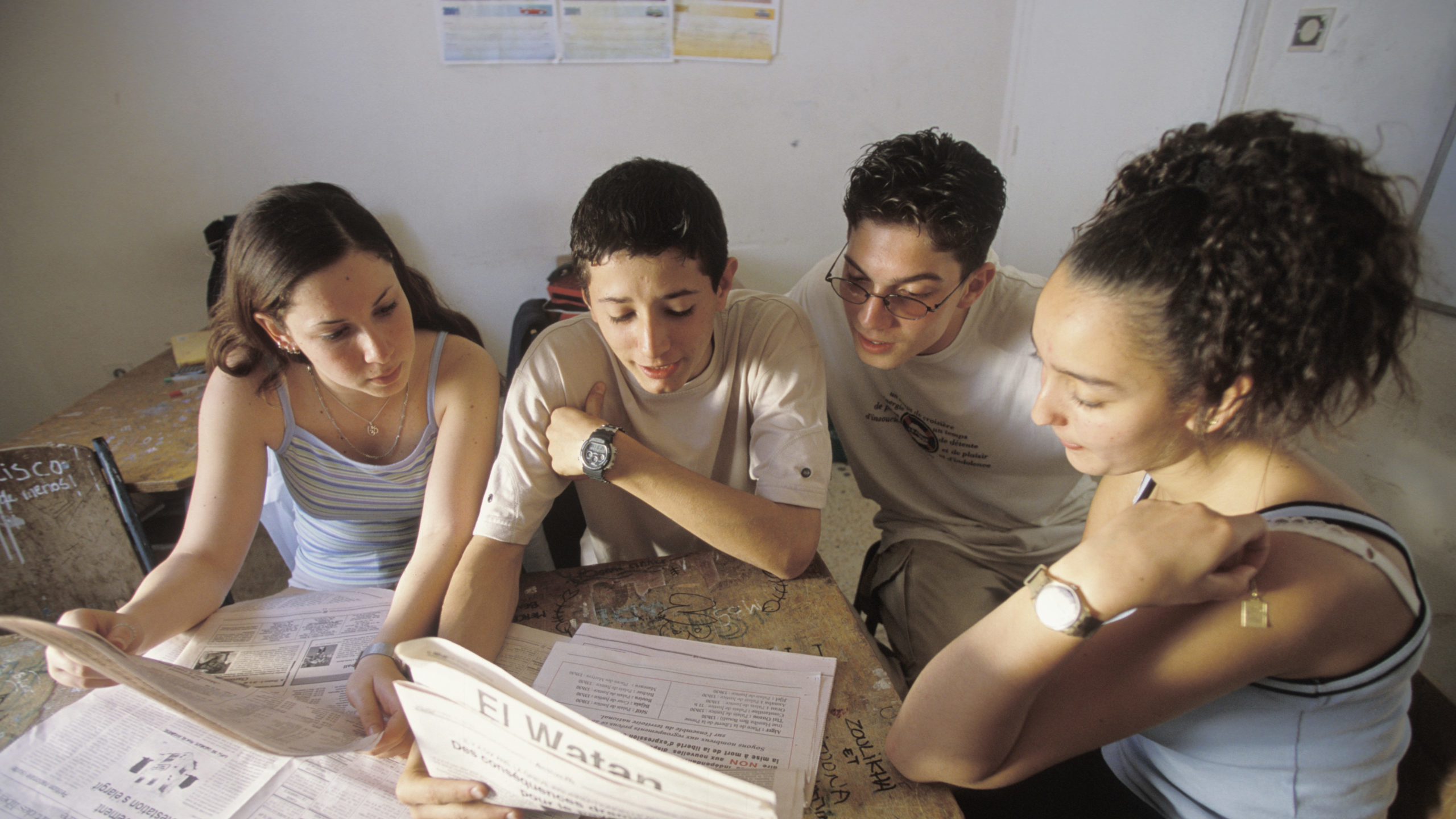project
This project examined the impacts of the AIDS pandemic on the livelihoods of young people in rural Malawi and Lesotho. Several southern African countries with exceptionally high HIV prevalence have also experienced recurrent food crises in recent years – a situation that has been (somewhat controversially) labelled ‘New Variant Famine’.
Several reports have suggested a link between the impacts of AIDS on children and their prospects of food security in adult life: for instance, children whose parents die of AIDS may fail to inherit land or other productive assets, and transmission of knowledge and skills between the generations may be disrupted, leaving young people ill-prepared to build food-secure livelihoods for themselves.
This project was the first to empirically investigate these propositions. Employing a participatory methodology and adapting DFID’s sustainable livelihoods framework, the research identified how AIDS-affected young people are incorporated into (or excluded from) current household livelihood strategies, the processes and practices that shape their access to livelihood opportunities, now and in the future, and how they make decisions about livelihoods.
The ultimate aim was to develop, with young people, recommendations for enhancing livelihood sustainability, applicable at a range of scales from the local to national policy levels.






